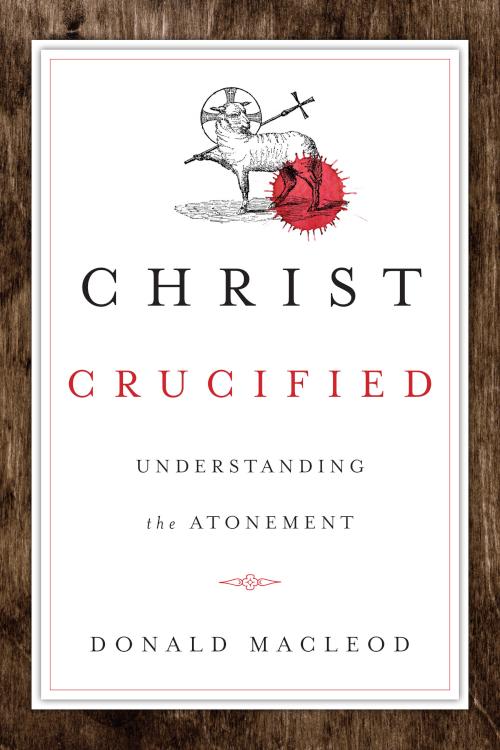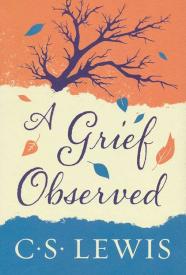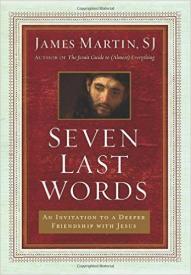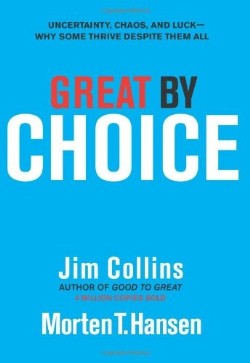Christ Crucified : Understanding The Atonement
$30.99
Part 1: The Way Of The Cross
1. A Man Of Sorrows
2. From The Third To The Ninth Hour
3. The Divine Paradox: The Crucified Son
Part 2: The Word Of The Cross
4. Substitution: The Man For Others
5. Expiation: Covering Our Sin
6. Propitiation: Averting The Divine Anger
7. Reconciliation: God’s Way Of Peace
8. Satisfaction: Enough To Justify Forgiveness
9. No Other Way?
10. Redemption: Setting The Prisoners Free
11. Victory: Disarming The Powers
Additional Info
The crucifixion of Jesus Christ is presented in all four Gospels, and occupies considerable space in the overall narrative. How could the life, let alone the death, of one man 2,000 years ago be the salvation of the human race? The biblical explanation is that the crucified one was the Son of God, acting and suffering in cooperation with God the Father and God the Holy Spirit. This is the primary answer to “the scandal of particularity.” The death of this one person has universal, inclusive and cosmic significance, because in him the Creator acts and suffers. Further, there is the special relationship between Christ and humanity: he was “with” us, and he was “for” us. The grandeur of the cross lies in the fact that here the incarnate Son of God offered himself in our place, bearing the penalty for our sin. The cross achieved expiation, propitiation, reconciliation, justification, redemption, forgiveness and victory. No single one of these tells the whole truth, nor do all of them together exhaust the meaning of the cross. Macleod shows that these concepts are interrelated and interdependent, and that together they give a coherent picture of the salvation wrought by Jesus at Calvary.
in stock within 3-5 days of online purchase
SKU (ISBN): 9780830840618
ISBN10: 0830840613
Donald MacCleod
Binding: Trade Paper
Published: July 2014
Publisher: InterVarsity Press
Print On Demand Product
Related products
-
Grief Observed
$15.99Add to cartWritten by C. S. Lewis with love and humility, this brief but poignant volume was first published in 1961 and courageously encounters the anger and heart-break that followed the death of his wife, an American-born poet, Joy Davidman. Handwritten entries from notebooks that Lewis found in his home capture the doubt and anguish that we all face in times of great loss. He questions his beliefs in this graceful and poignant affirmation of faith in the face of senseless loss.
-
Knowledge Of The Holy
$15.99Add to cartInformative and inspiring, The Knowledge of the Holy illuminates God’s attributes–from wisdom, to grace, to mercy–and shows through prayerful and discussion, how we can more fully recognize and appreciate each of these divine aspects. This book will be treasured by anyone committed to the Christian faith. It bears eloquent witness to God’s majesty and shows us new ways to experience and understand the wonder and the power of God’s spirit in our daily lives.
-
7 Last Words
$18.99Add to cartBased on his talks at New York’s St. Patrick’s Cathedral on Good Friday 2015, the New York Times bestselling author and editor at large of America magazine offers a portrait of Jesus, using his last words on the cross to reveal how deeply he understood our predicaments, what it means to be fully human, and why we can turn to Christ completely, in mind, heart, and soul.
Each meditation is dedicated to one of the seven sayings:
*”Father, forgive them, for they do not know what they do.”
*”Today you will be with me in Paradise.”
*”Woman, this is your son” . . . “This is your mother.”?
*”My God, my God, why have you forsaken me?”?
*”I thirst.”?
*”It is finished.”?
*”Father, into your hands I commend my spirit.”With the warmth, wisdom, and grace that infuse his works, Father James Martin explains why Jesus’s crucifixion and death on the cross is an important teaching moment in the Gospels. Jesus’s final statements, words that are deeply cherished by his followers, exemplify the depth of his suffering but also provide a key to his empathy and why we can connect with him so deeply.
-
Great By Choice
$29.99Add to cartThe new question
Ten years after the worldwide bestseller Good to Great, Jim Collins returns with another groundbreaking work, this time to ask: Why do some companies thrive in uncertainty, even chaos, and others do not? Based on nine years of research, buttressed by rigorous analysis and infused with engaging stories, Collins and his colleague, Morten Hansen, enumerate the principles for building a truly great enterprise in unpredictable, tumultuous, and fast-moving times.The new study
Great by Choice distinguishes itself from Collins’s prior work by its focus not just on performance, but also on the type of unstable environments faced by leaders today.With a team of more than twenty researchers, Collins and Hansen studied companies that rose to greatness-beating their industry indexes by a minimum of ten times over fifteen years-in environments characterized by big forces and rapid shifts that leaders could not predict or control. The research team then contrasted these “10X companies” to a carefully selected set of comparison companies that failed to achieve greatness in similarly extreme environments.
The new findings
The study results were full of provocative surprises. Such as:The best leaders were not more risk taking, more visionary, and more creative than the comparisons; they were more disciplined, more empirical, and more paranoid.
Innovation by itself turns out not to be the trump card in a chaotic and uncertain world; more important is the ability to scale innovation, to blend creativity with discipline.
Following the belief that leading in a “fast world” always requires “fast decisions” and “fast action” is a good way to get killed.
The great companies changed less in reaction to a radically changing world than the comparison companies.
The authors challenge conventional wisdom with thought-provoking, sticky, and supremely practical concepts. They include: 10Xers; the 20 Mile March; Fire Bullets, Then Cannonballs; Leading above the Death Line; Zoom Out, Then Zoom In; and the SMaC Recipe.Finally, in the last chapter, Collins and Hansen present their most provocative and original analysis: defining, quantifying, and studying the role of luck. The great companies and the leaders who built them were not luckier than the comparisons, but they did get a higher Return on Luck.
This book is classic Collins: contrarian, data-driven, and uplifting. He and Hansen show convincingly that, even in a chaotic and uncer







Reviews
There are no reviews yet.